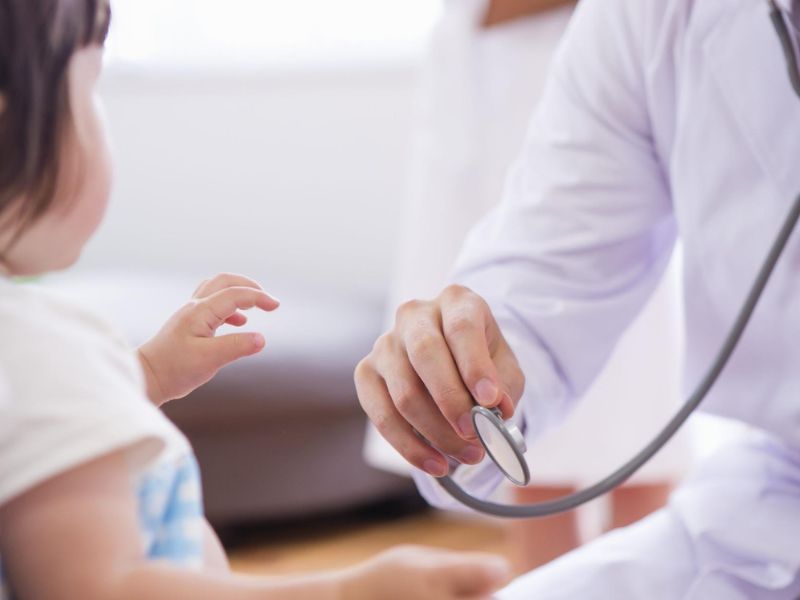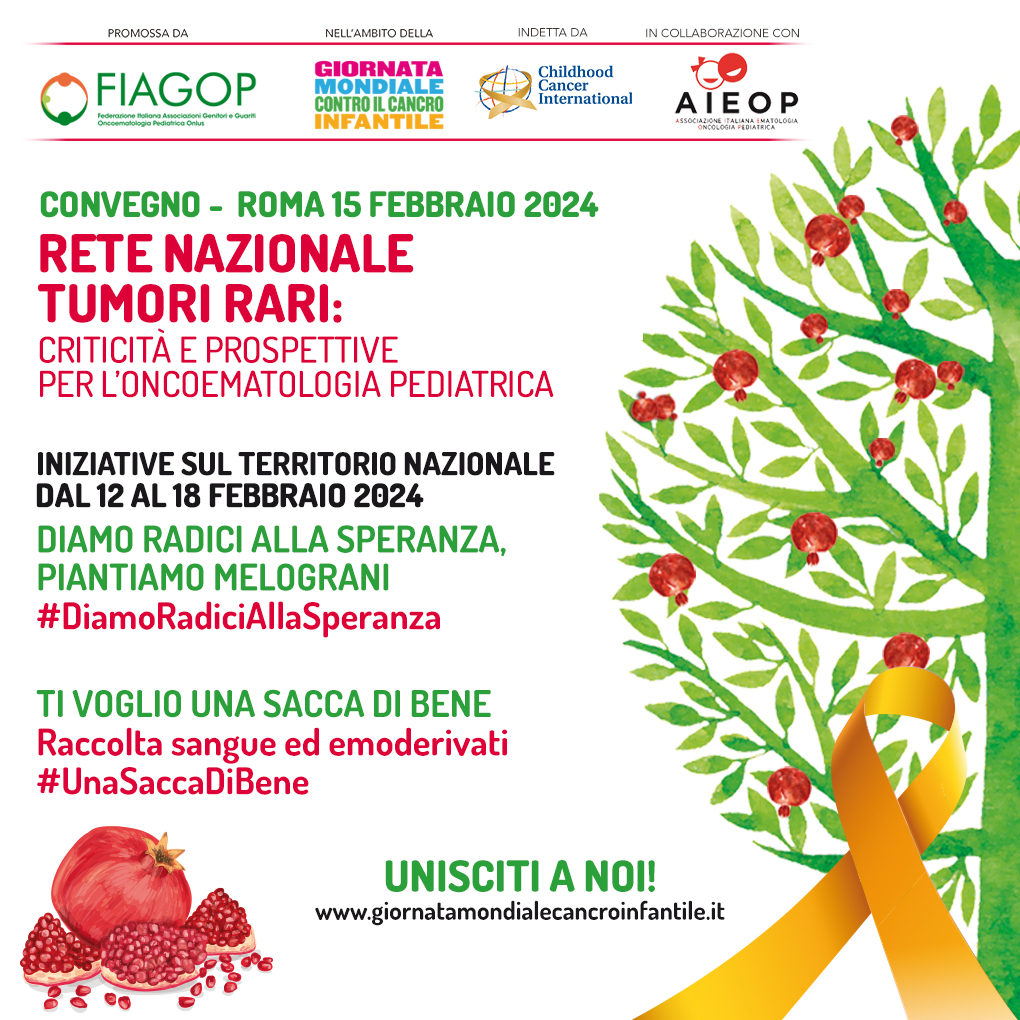
A united front against cancer in children
Politicians, doctors, and experts mobilize on World Day Against Pediatric Cancer
The reality of pediatric cancer
Pediatric cancer represents a heterogeneous group of oncological diseases that affect children and adolescents. Unlike tumors that develop in adults, pediatric cancers often arise from cells that grow and divide rapidly. These diseases require specific therapeutic approaches tailored to the needs of young patients. Although the survival rate has significantly increased thanks to advances in research and therapies, the diagnosis of cancer in a child remains one of the most challenging hurdles for families and the healthcare system.
A nationally significant event
On World Day Against Pediatric Cancer, the Italian Federation of Associations of Parents and Healed Pediatric Oncohematology (FIAGOP) organized a crucial conference at the Queen’s Hall of the Chamber of Deputies. The event, which was attended by the Vice President of the Chamber, Giorgio Mulè, the Minister of Health, Orazio Schillaci, and other important political and medical figures, focused on the “National Rare Tumors Network: challenges and perspectives for pediatric oncohematology.” This significant initiative aims to improve access to care, discuss the latest research, and find solutions to the challenges encountered in the treatment of pediatric tumors.
Community commitment
In addition to the conference, FIAGOP promoted awareness activities nationwide, emphasizing the importance of solidarity and community support. Initiatives such as “Let’s give roots to hope, let’s plant pomegranates” and “I want you a bag of goodness” involved citizens, healthcare professionals, and volunteers in concrete actions to support young patients and their families.
Towards the future
These initiatives demonstrate a collective commitment to the fight against pediatric cancer, with the goal of not only improving care but also supporting children and families in their journey. Collaboration among experts, institutions, and citizens is essential to address the complexities of these diseases and to continue improving survival rates.

Sources



